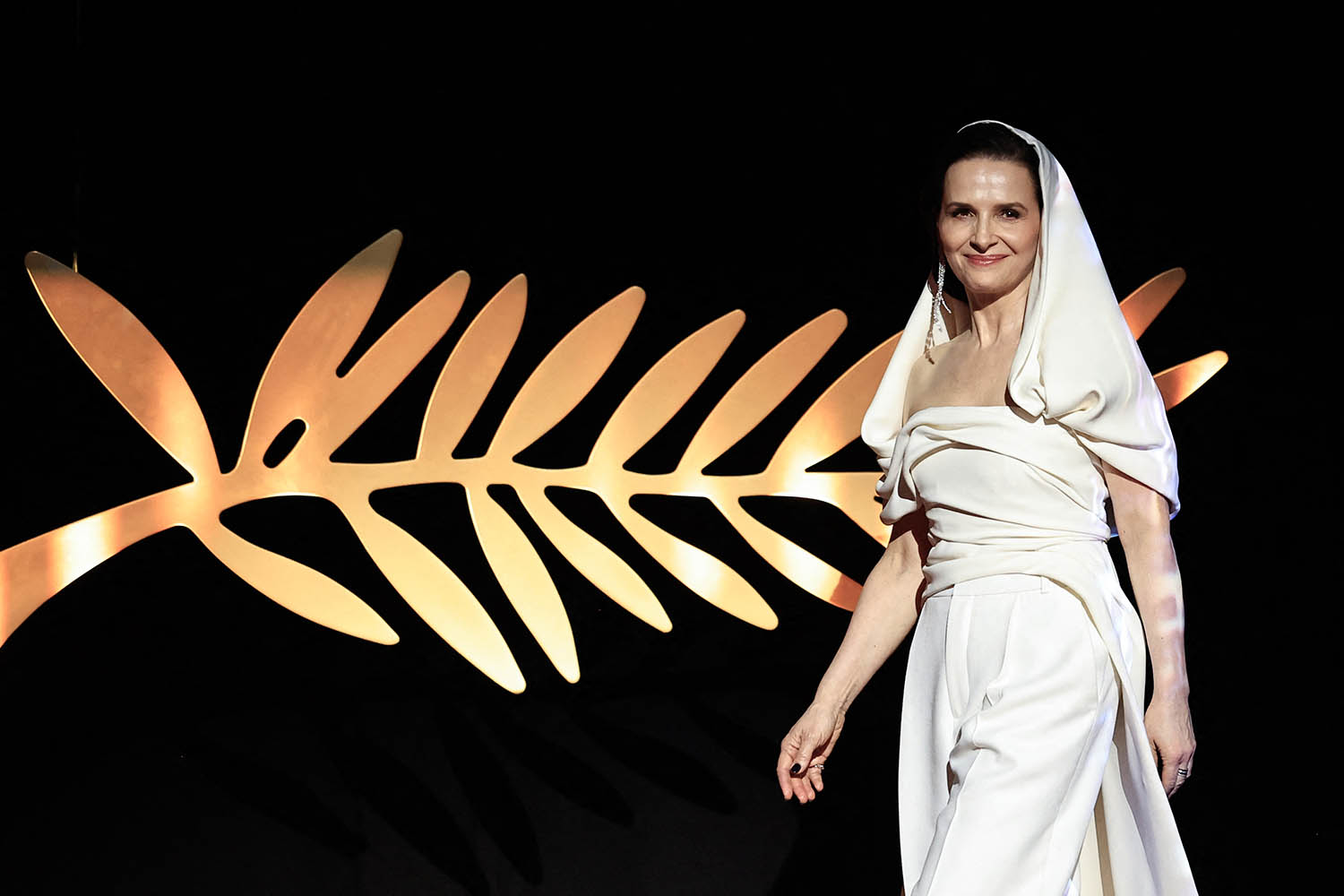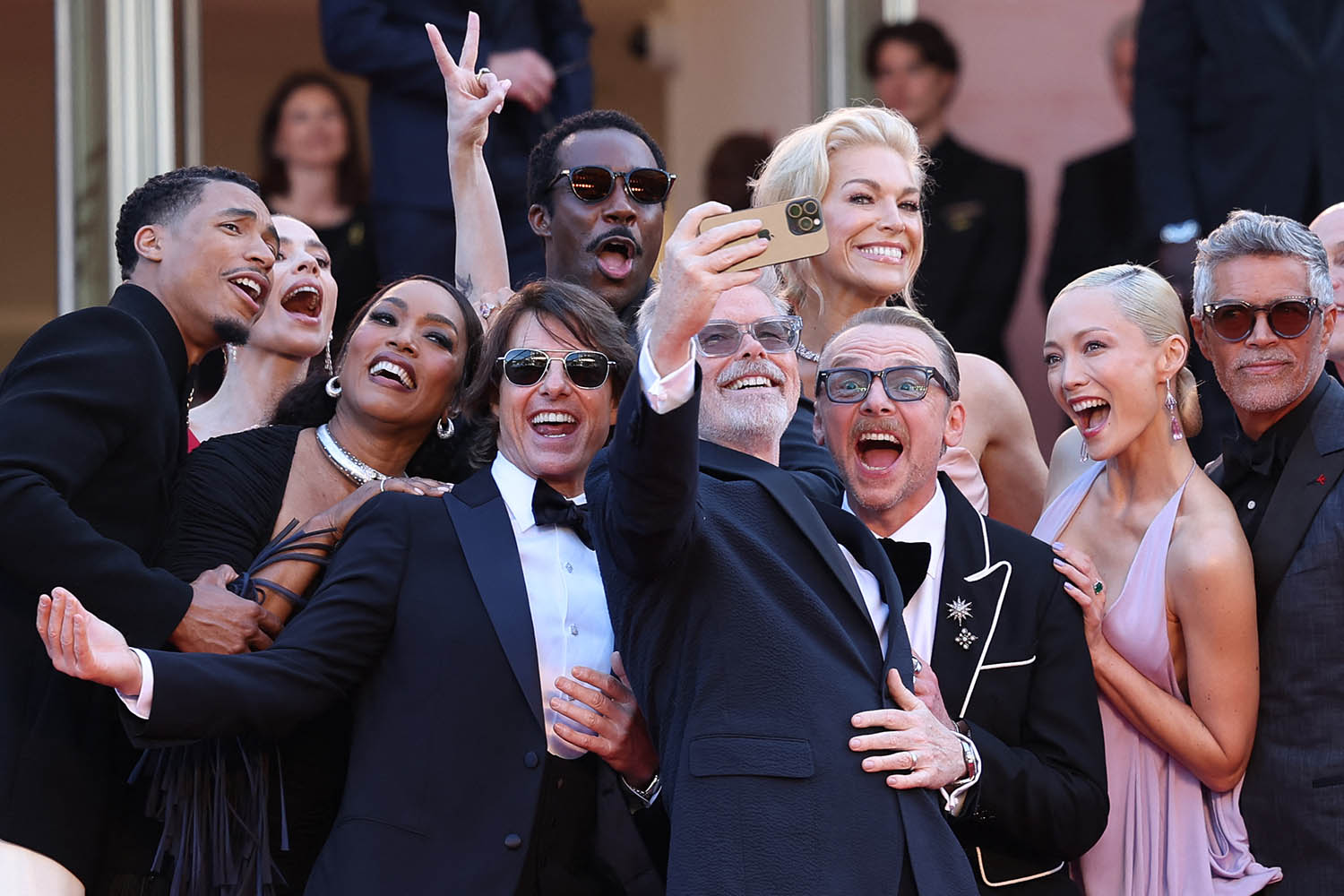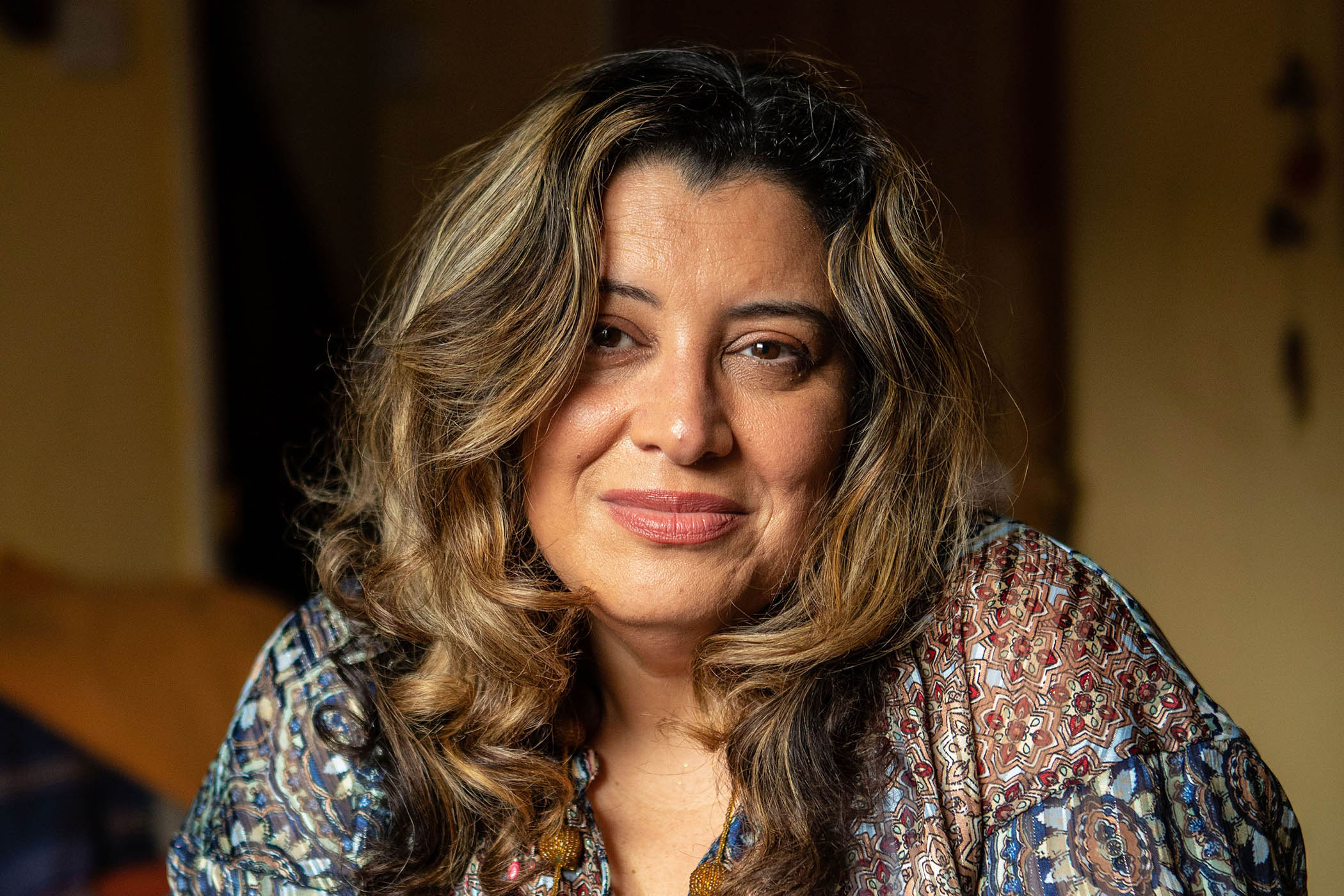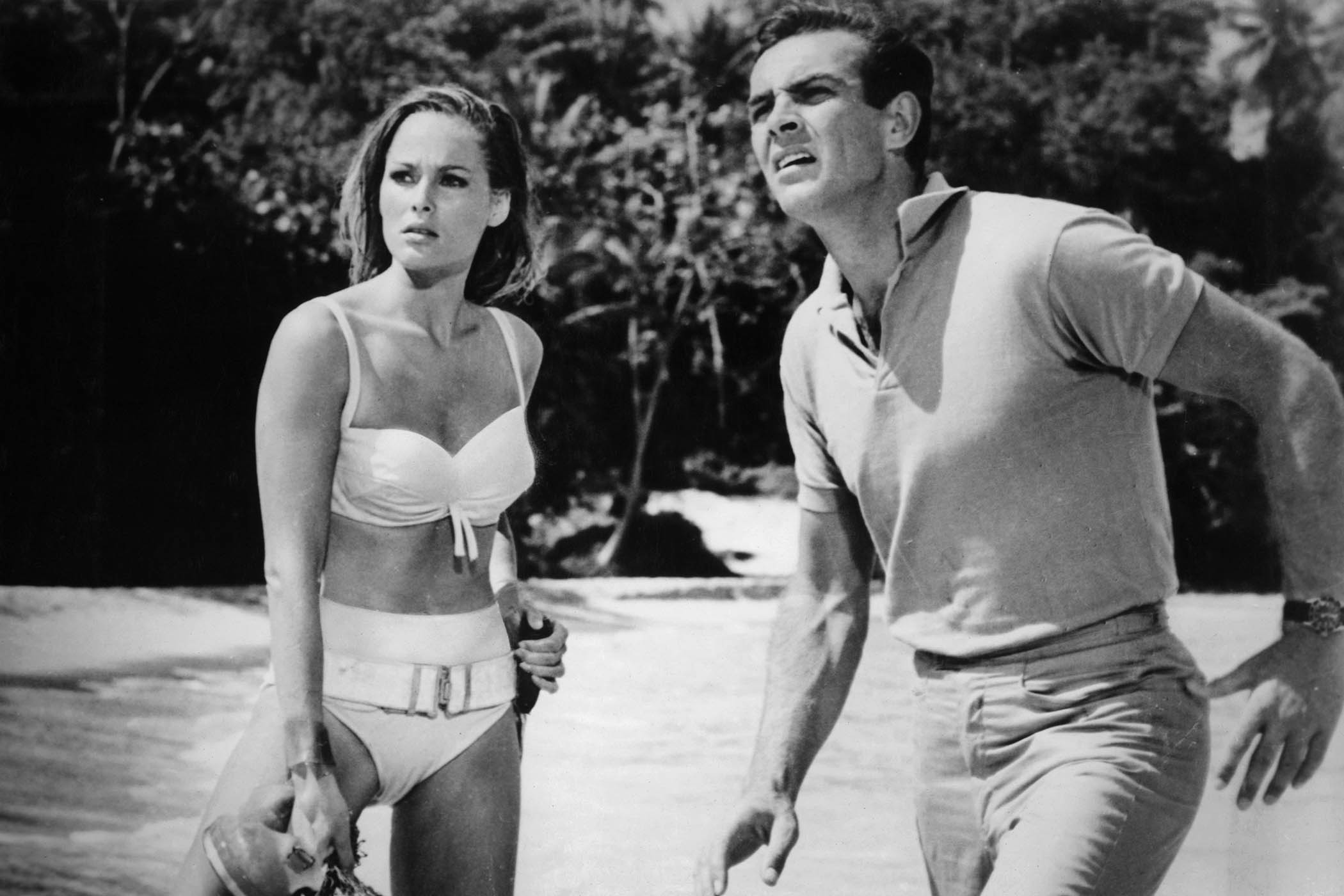At the opening press conference for the Cannes film festival, the stars sing the praises of the event we’re attending. It’s a temple for the arts, the celebrity jurors inform us. It’s a beacon of light in a dark, troubled world. Cannes’ jurors give a variation of this spiel every year, but this year it feels different: more heartfelt, more urgent. It might even smack of faint desperation.
Officially speaking, Cannes commenced with the presentation of an honorary Palme d’Or to Robert De Niro. But it also opened with the bang of a gavel in a Paris courtroom and the fall of Gérard Depardieu, the festival’s homegrown favourite son. Depardieu’s conviction for sexual assault, although hardly unexpected, sent shockwaves through the Cannes Palais and only added to the prevailing mood of unease.
Out on the prom, freelance festival workers protested government changes to unemployment insurance regulations. Inside, producers braced for Trump’s threatened tariffs on films made outside America, So Cannes has cannons to the left of it and cannons to the right. This feels less a stronghold and more like a city under siege.
The Final Reckoning’s extended aerial climax feels like the cinema roof has torn loose and the sky’s fallen in
The Final Reckoning’s extended aerial climax feels like the cinema roof has torn loose and the sky’s fallen in
What Cannes has in its favour is an arsenal of the finest new films that the year has to offer. Except that its opening salvo, Amélie Bonnin’s flat French sort-of-musical Leave One Day, sputters and misfires, and it’s left to other, bolder directors to shore up the defences.
Thank heavens, then, for Sound of Falling, which folds 100 years of family history to spotlight the lives of the women on a harsh German farm. Mascha Schilinski’s drama is elegant, studied and altogether pitiless, and it cues us up nicely for the bruising pictures that follow. Sergei Loznitsa’s brilliant Two Prosecutors paints a nightmarish portrait of Stalinist bureaucracy, as an idealistic young lawyer is confronted by the full might of the state. Ari Aster’s Eddington is a Covid-struck modern western, dust-blown and intense, as Joaquin Phoenix’s small-town sheriff circles Pedro Pascal’s rigid mayor. Up ahead, on the near horizon, is fresh work from Wes Anderson, Kelly Reichardt, Lynne Ramsay and Spike Lee. The cavalry can’t come soon enough.
The British actor Harris Dickinson starred in the 2022 Palme d’Or winner Triangle of Sadness. He now trips back to the Croisette with his directing debut, Urchin. It’s a cocksure little bantamweight, swaggering around south London in the company of Mike (Frank Dillane), who’s out on probation and working shifts as a chef. Dickinson’s film has grungy style in abundance, but it’s callow and needy; a series of gestures dressed up as a character study. This plays in the Un Certain Regard sidebar, where it nestles up against Kei Ishikawa’s tasteful adaptation of Kazuo Ishiguro’s first novel, A Pale View of Hills. The festival, as ever, caters to all tastes.
Buses are laid on to ferry the guests to a screening of Mission: Impossible: The Final Reckoning at the Cineum Imax, which functions as a kind of sensory apocalypse in bricks and mortar and ensures that we feel the film’s every beat in our molars. Christopher McQuarrie’s popcorn blockbuster is the biggest gun at this year’s festival, thunderous and doom-laden as it pits Tom Cruise’s special agent against an AI superbrain that’s bent on world destruction. The plot spends so long (too long) in the darkness of caverns, cramped rooms and a wrecked submersible. When it breaks cover for its extended aerial climax, it feels like the cinema roof has torn loose and the sky’s fallen in.

This year’s jury president, incidentally, is Juliette Binoche, who heads a panel that includes Jeremy Strong, Halle Berry and the Indian film-maker Payal Kapadia. I meet Binoche before she begins her duties and she reminisces about the comical Cannes of past years.
The first time she visited, in 1985, it rained every day and she fell full-length on wet marble outside the Carlton hotel. When she won the best actress award for 2010’s Certified Copy, she almost didn’t make it to the ceremony in time. Her flight was delayed and no one met her at the gate. She was handed a key that unlocked a secret door to the stage, only the key didn’t work, which meant she was stuck outside in the hall. At this point she did what any great artist would do. “I sat down on the floor and cried.”
If there is a moral to these tales of actorly woe, it’s that the festival has always contained a bat-squeak of chaos. It’s rocked by events that are beyond its control and pitches wildly between pratfalls and tears. And just as Mission: Impossible is louder and darker than its predecessors, so each subsequent Cannes risks turning the dial that bit higher. We’re barely under way with the 78th edition of this franchise. Expect more ructions, stunts and drama before the closing credits roll.
Newsletters
Choose the newsletters you want to receive
View more
For information about how The Observer protects your data, read our Privacy Policy


